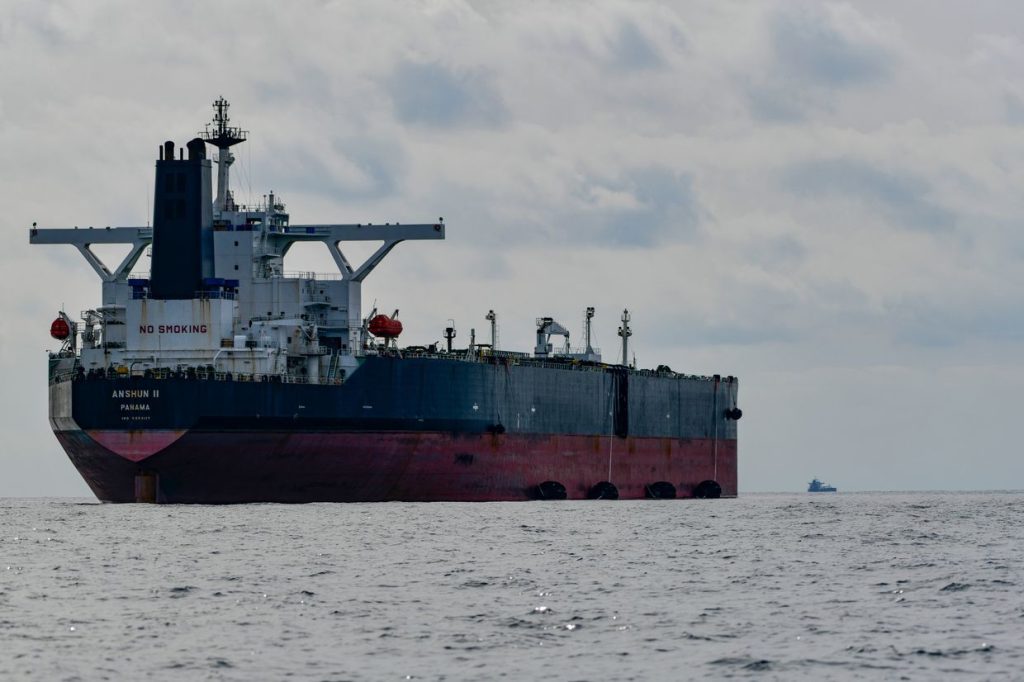The Kerch Strait saw an oil spill caused by two Russian oil tankers, Volgoneft 212 and Volgoneft 239, which suffered damage during a storm on December 15. Initially reported to have leaked 3,700 tons of low-grade fuel oil into the Black Sea, the spill prompted Russia to declare a federal state of emergency. Russian scientist Viktor Danilov-Danilyan indicated that around 200,000 tons of soil along the Black Sea coast were contaminated, with Greenpeace Ukraine warning of significant environmental damage. However, on January 2, Russia’s Transport Ministry claimed that only about 2,400 metric tons of oil had actually spilled, stating that a skewed account from one of the tanker captains contributed to the earlier exaggerated estimate. The ministry noted that the M100-grade fuel oil spilled into the sea solidifies at a lower temperature, sinking to the surface instead of remaining there.
The Kyiv Independent could not independently verify the claims made by Russian officials regarding the oil spill in the Kerch Strait. The strait serves as the border between mainland Russia and Russian-occupied Crimea. Prior to this incident, concerns had been raised about Russia’s “shadow fleet” of old and poorly insured tankers, which pose significant environmental risks due to their potential to cause oil spills. The Kyiv School of Economics Institute had previously warned about the dangers posed by these vessels and the increased risk of environmental damage. This latest spill adds to the ongoing environmental challenges faced in the region as a result of Russia’s full-scale war against Ukraine, which has led to various forms of environmental destruction, including the destruction of infrastructure like the Nova Kakhovka Dam, widespread forest fires, and significant damage to agricultural land.
The amount of oil leaked into the Black Sea from the damaged Russian oil tankers has been revised downwards by Russia’s Transport Ministry, contradicting earlier reports of a larger spill. While the initial estimate suggested 3,700 tons of fuel oil had entered the sea, the revised figure stands at approximately 2,400 metric tons. This discrepancy was attributed to a miscommunication from one of the tanker captains. The spilled M100-grade fuel oil is noted for its property of solidifying at lower temperatures, causing it to sink to the sea floor rather than remaining on the surface. The environmental impact of the spill is still a concern, with reports of soil contamination along the Black Sea coast adding to fears of lasting damage to the ecosystem.
Despite the Transport Ministry’s revised figures on the oil spill in the Kerch Strait, concerns remain about the environmental consequences of the incident. Russian officials’ claims are met with skepticism, particularly in light of ongoing environmental challenges faced in the region. The spill adds to a series of ecological disasters resulting from Russia’s actions in the context of its conflict with Ukraine, which includes the deliberate destruction of infrastructure and natural resources. The impact of the spill on marine life and the surrounding ecosystem is a subject of ongoing monitoring and concern, as the full extent of the damage is yet to be fully understood. Efforts to mitigate the environmental impact of the spill and prevent further incidents of this nature are crucial in safeguarding the delicate balance of the Black Sea’s ecosystem and protecting the region from further harm.















